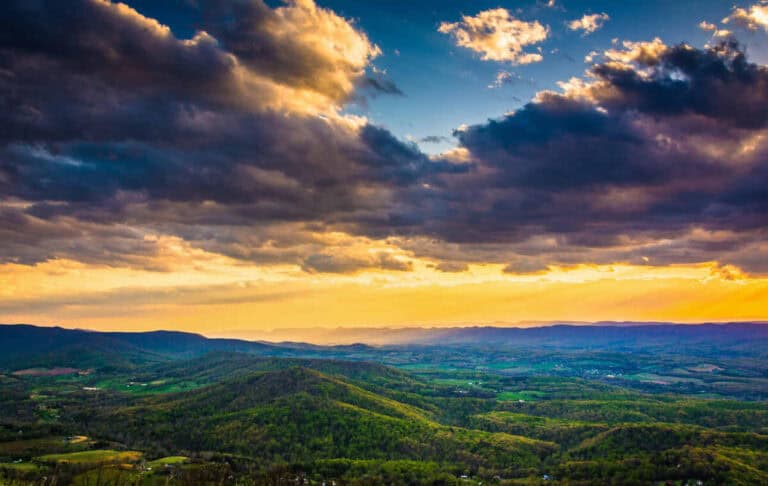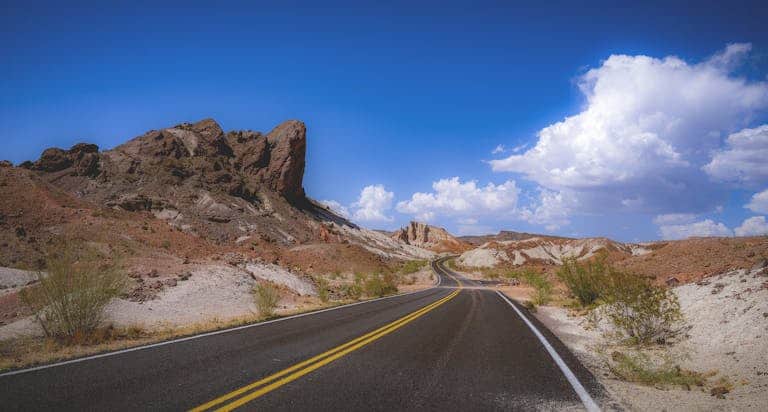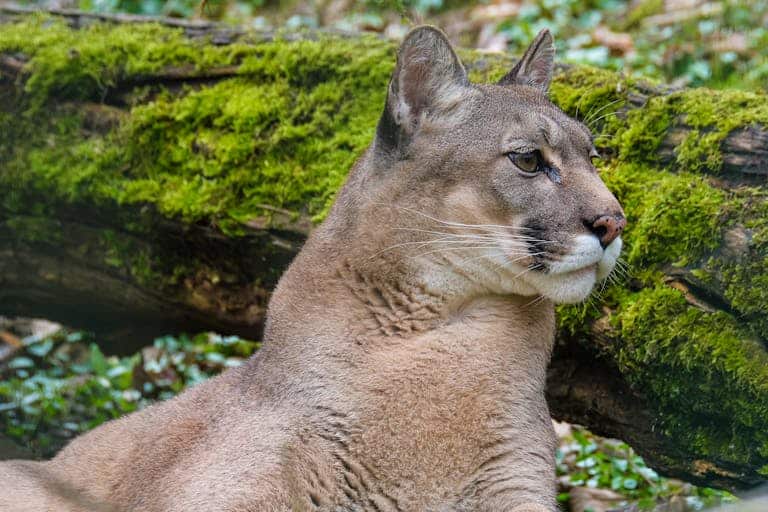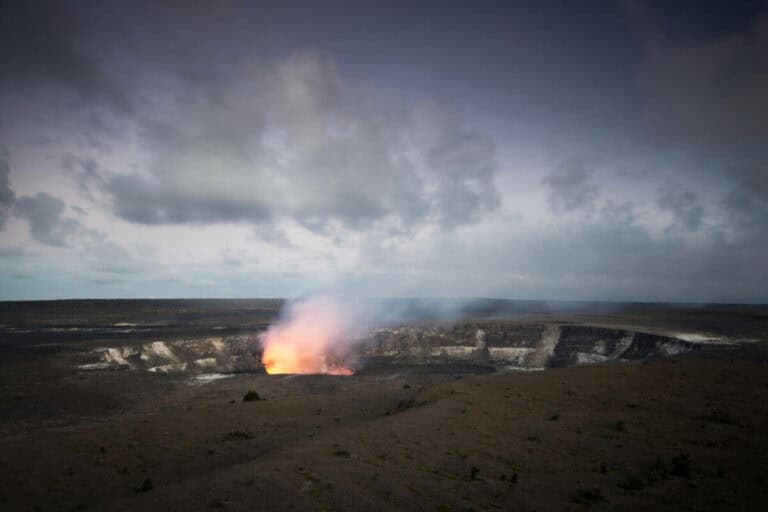National Parks Welcome Back Single-Use Plastics – But Americans Want Them Gone
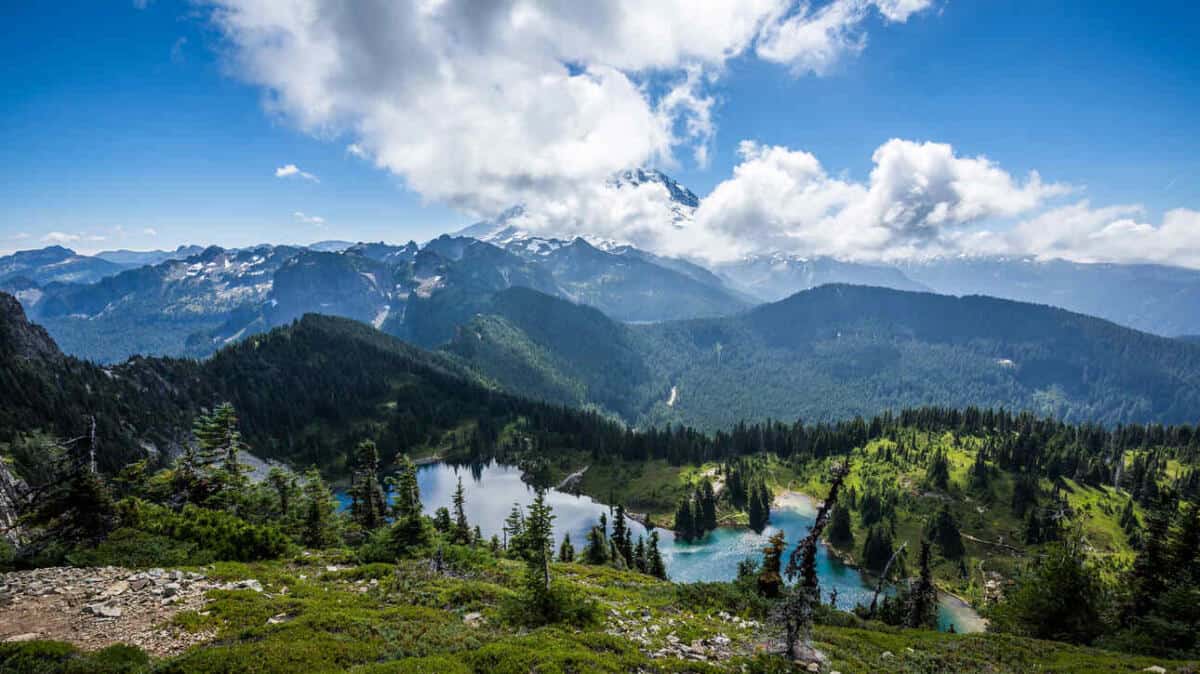
The Trump administration just made a big change for America’s national parks. They stopped a plan that would have removed single-use plastics from parks, wildlife refuges, and public lands by 2032.
This decision goes against what most Americans want. A recent poll shows that 82% of people believe parks should stop selling single-use plastics like water bottles and straws to protect wildlife. Almost everyone – 92% – wants less water pollution to keep animals safe.
Sarah Gaines Barmeyer from the National Parks Conservation Association (NPCA) is not happy about this change. “Eliminating single-use plastics in our national parks is a win-win for all and NPCA has worked toward this goal for years.”
“Plastic pollution kills countless birds and wildlife, diminishes our water quality and shows up in our oceans and the food we eat. These plastics never dissolve and will outlive us all, impacting our health, our environment and our parks”, she said.
Problem is getting worse
The problem is getting worse, writes the National Parks Conservation Association. More people than ever are visiting national parks, but the parks have less money and fewer workers. This makes it really hard to deal with all the trash.
Getting rid of single-use plastics would help everyone. It saves money, gives park workers more time for other important work, and makes visits more enjoyable. Some parks are already doing this successfully. Yosemite, for example, has stopped using single-use plastics – proving it can work!
Continue to fight
Barmeyer believes this issue is bigger than just parks. “How we treat our most beloved national parks says a lot about who we are as a nation. NPCA will continue to fight to keep single-use plastics out of our parks,” she stated.
The NPCA has been protecting America’s national parks since 1919. With over 1.6 million members, they work to keep these special places safe for future generations. What happens in our parks can show the whole country how to reduce plastic pollution everywhere.

